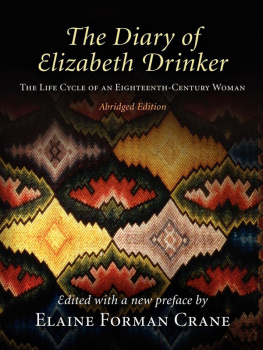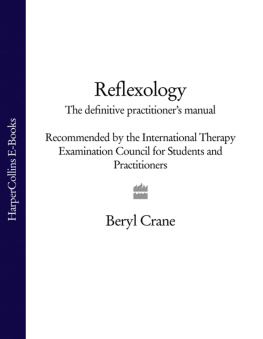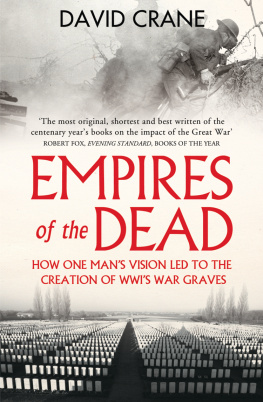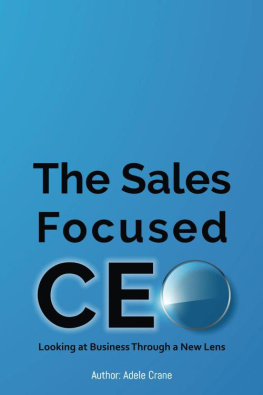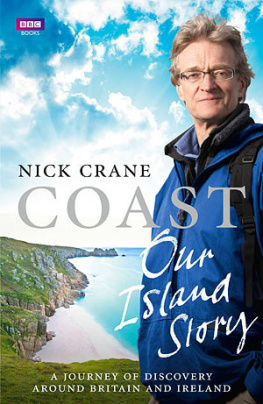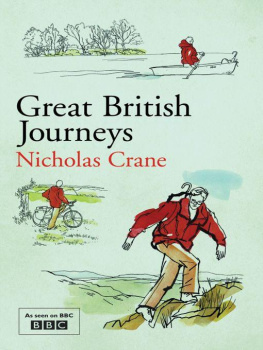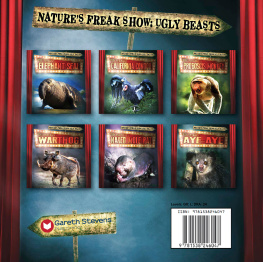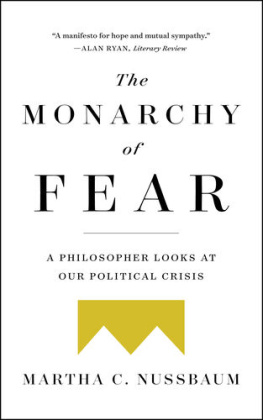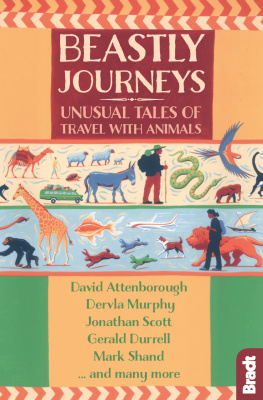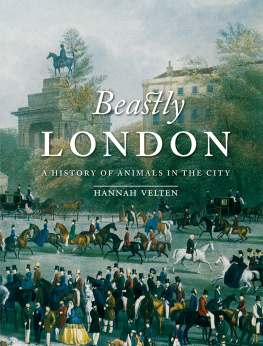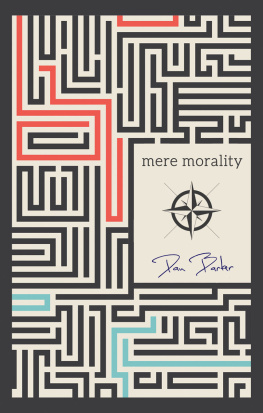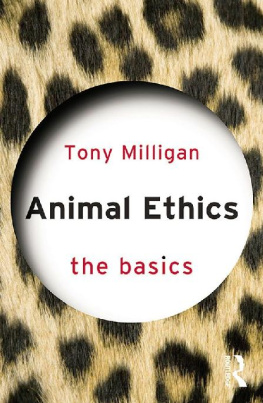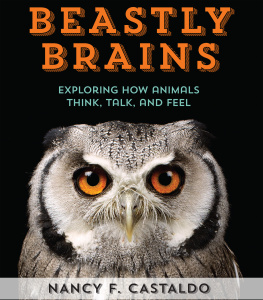Crane - Beastly morality animals as ethical agents
Here you can read online Crane - Beastly morality animals as ethical agents full text of the book (entire story) in english for free. Download pdf and epub, get meaning, cover and reviews about this ebook. City: New York, year: 2016;2015, publisher: Columbia University Press, genre: Romance novel. Description of the work, (preface) as well as reviews are available. Best literature library LitArk.com created for fans of good reading and offers a wide selection of genres:
Romance novel
Science fiction
Adventure
Detective
Science
History
Home and family
Prose
Art
Politics
Computer
Non-fiction
Religion
Business
Children
Humor
Choose a favorite category and find really read worthwhile books. Enjoy immersion in the world of imagination, feel the emotions of the characters or learn something new for yourself, make an fascinating discovery.

- Book:Beastly morality animals as ethical agents
- Author:
- Publisher:Columbia University Press
- Genre:
- Year:2016;2015
- City:New York
- Rating:5 / 5
- Favourites:Add to favourites
- Your mark:
- 100
- 1
- 2
- 3
- 4
- 5
Beastly morality animals as ethical agents: summary, description and annotation
We offer to read an annotation, description, summary or preface (depends on what the author of the book "Beastly morality animals as ethical agents" wrote himself). If you haven't found the necessary information about the book — write in the comments, we will try to find it.
Beastly morality animals as ethical agents — read online for free the complete book (whole text) full work
Below is the text of the book, divided by pages. System saving the place of the last page read, allows you to conveniently read the book "Beastly morality animals as ethical agents" online for free, without having to search again every time where you left off. Put a bookmark, and you can go to the page where you finished reading at any time.
Font size:
Interval:
Bookmark:
BEASTLY MORALITY
Beastly Morality
Animals as Ethical Agents
Edited by JONATHAN K. CRANE

Columbia University Press
New York
Columbia University Press
Publishers Since 1893
New York Chichester, West Sussex
cup.columbia.edu
Copyright 2016 Columbia University Press
All rights reserved
Library of Congress Cataloging-in-Publication Data
Beastly morality : animals as ethical agents / edited by Jonathan K. Crane.
pages cm
Includes bibliographical references and index.
ISBN 978-0-231-17416-9 (cloth : alk. paper) ISBN 978-0-231-17417-6 (pbk. : alk. paper) ISBN 978-0-231-54053-7 (e-book)
1. Animals (Philosophy) 2. Agent (Philosophy) 3. Conduct of life. 4. Ethics. I. Crane, Jonathan K. (Jonathan Kadane), editor.
B105.A55B43 2015
179'.3dc23
2015009579
A Columbia University Press E-book.
CUP would be pleased to hear about your reading experience with this e-book at .
COVER DESIGN: Milenda Nan Ok Lee
COVER IMAGE: Courtesy Myrtle Beach Safari. Bubbles the elephant and Bella the dog share one of the amazing animal friendships that have developed at Myrtle Beach Safari in South Carolina.
References to websites (URLs) were accurate at the time of writing. Neither the author nor Columbia University Press is responsible for URLs that may have expired or changed since the manuscript was prepared.
For Nadav, Amitai, and Rafael
What we need now... is a philosophy that does not discriminate between different species, one that addresses each being on an individual basis.
JAMES RACHELS
Contents
Jonathan K. Crane
Kendy Hess
Sean Meighoo
Mark Goldfeder
Frans B. M. de Waal
Elisabetta Palagi
Marc Bekoff
Dan Demetriou
Harrison King
Michael Bathgate
John Berkman
Jonathan K. Crane and Aaron S. Gross
Jonathan K. Crane, Ani B. Satz, Lori Marino, and Cynthia Willett
IN THE FIRST FACULTY MEETING I attended at Emory Universitys Center for Ethics, we were invited to share our research interests. One scholarLori Marino, a cetologist and professor of psychologymentioned her varied and profound projects in animal studies, including animal mentation and psychology. Intrigued, I approached her to learn more, and those conversations led us to develop a new cotaught course, Animal Ethics, combining psychology, ethology, philosophy, religion, anthropology, history, and moreto spur rethinking about how we humans conceive the very category of animal. The years of teaching that course with Lori, as well as the decades of working alongside Aaron S. Gross, a brilliant scholar of religion and animal studies and founder of the animal-advocacy organization Farm Forward, and the seeming lack of a venue devoted to animal ethics broadly construed inspired me to organize a symposium in which myriad disciplines would be welcome to offer fresh thoughts about animals. The first Animal Ethics Workshop, in 2012, was without theme and gathered only local scholars. To be sure, the scholarship was excellent, and the energy was as palpable as the interest in deepening and expanding the conversation. Emboldened, I composed a theme for the next years conferenceexploring the question of Beastly Moralityand advertised more strategically. Proposals streamed in from around the world, and I invited what I thought were the best dozen to present at a one-day conference. That days conversation in 2013 brought together an internationally and disciplinarily diverse scholarly community. When Frans de Waal asked in his plenary presentation who among those present worked with actual animals, the silence was both telling and unsurprising. The resounding quiet eloquently articulated the increasing need for scholars throughout the academy who work in, on, and with animals to speak with and to one another. For how could the field of animal studies be a field if its ostensible contributors do not interact? To at least approximate this more ideal and mixed conversation, I sought out a few more ethologists to contribute to this otherwise humanities-rich collection.
Gratitude is thus due to the scholars who contributed to that conference and this volume. They worked and reworked their pieces to make even more compelling arguments on whether, whence, and whither animal morality. I also appreciate the support of Wendy Lochner at Columbia University Press for honing and improving the project, as well as the responses of the anonymous reviewers. Those conferences and this book would not have come into being were it not for the unwavering support of Paul Root Wolpe, the director of the Center for Ethics. Thanks are also extended to Kristina Johnson, who diligently worked on the manuscript and kept my loose ends tidy. I am grateful to the Department of Religion at Emory University, the Judith London Evans Directors Fund of Emory Universitys Tam Institute for Jewish Studies, and the Center for Ethics for their critical support completing this volume.
Thanks are also due to colleagues in the Society of Jewish Ethics and the American Academy of Religion who offered suggestions and encouragement throughout this endeavor. I am grateful for the many scholars at Emory University who contributed to and took interest in this project. Of course, included in this group of supporters is my greatest thinking partner, provocateur, and muse, Lindy Miller, whose insights and challenges inspire me no end.
Thinking about animals, and animal morality in particular, is no easy task; to be sure, more needs to be done. I hereby acknowledge and thank that future conversation for enriching us all.
Jonathan K. Crane
THE 2013 DOCUMENTARY BLACKFISH EXPOSES the dramatic story of Tilikum, a massive orca whale captured for the sole purpose of performing for human audiences, first at SeaLand in British Columbia and then at SeaWorld in Florida. Ripped from his natural oceanic environment, trapped in confinement pens, subjected to hours, years even, of grueling trainingis it any wonder he exhibited psychological trauma? Should we be shocked that Tilikum, a killer whale, killed and injured many humans over several decades of being confined to relatively tiny swimming pools and trained to do what humans wanted him to donot what he wanted to do? Professional trainers who worked with Tilikum and other orca whales concur with cetologists: we should not.
Such giant creatures of the deep are not just highly intelligent. They are unique individuals whose identities are bound up with their freedom of movement, communicating with their pods, learning and teaching collaborative behaviors, and participating in and contributing to their underwater cultures. The tenderness for which they are renowned is evident when they are encountered in the wild, in environments where they can exercise control and can escape if need be. Lacking both autonomy and social and environmental stimuli, captured orcas experience stress. For years Tilikum suffered such stress, but after an incident eight years after his capture in 1983, he nonetheless chose to abide by the rules and regulations his human captors imposed upon him. After more years of such treatment and of holding himself in check, Tilikum again chose to act out lethally by killing a second human.
Though Blackfish explicitly and strongly critiques the animal-captivity industry (which would rather be known as the animal-entertainment To be sure, the documentary challenges us to rethink what animal welfare means in practical terms. Moreover, it pushes us to revisit our commitment to viewing nonhuman animals as objects of human moral concern in the first place. And, more profoundly, it points to the possibility and even reality that nonhuman animals, especially such intelligent ones as killer whales, function with what appears to be an internal sense of appropriatenessthat is, with notions of good and bad: ideas of morality. It is precisely these deeper possibilities that this present volume fleshes out.
Next pageFont size:
Interval:
Bookmark:
Similar books «Beastly morality animals as ethical agents»
Look at similar books to Beastly morality animals as ethical agents. We have selected literature similar in name and meaning in the hope of providing readers with more options to find new, interesting, not yet read works.
Discussion, reviews of the book Beastly morality animals as ethical agents and just readers' own opinions. Leave your comments, write what you think about the work, its meaning or the main characters. Specify what exactly you liked and what you didn't like, and why you think so.

